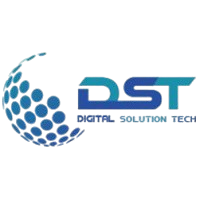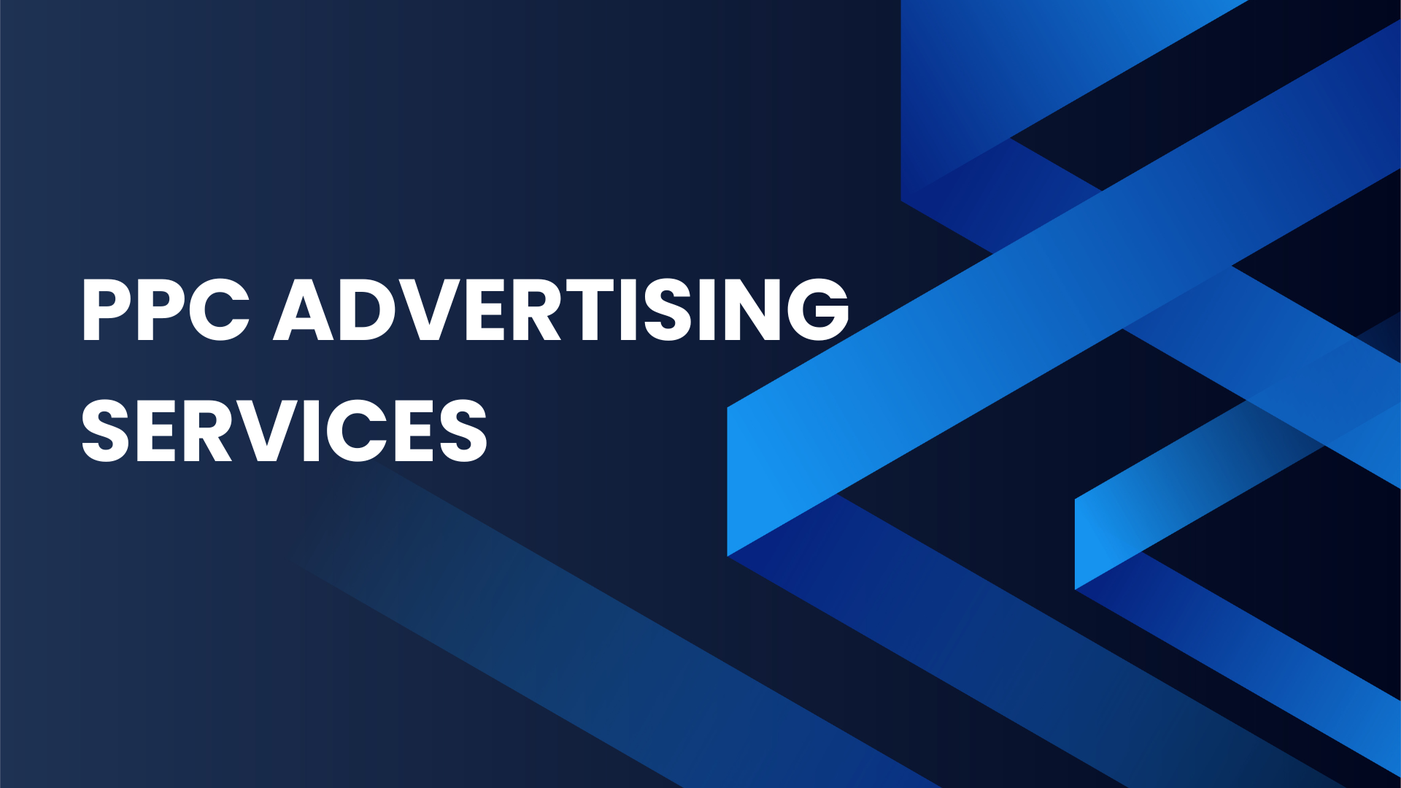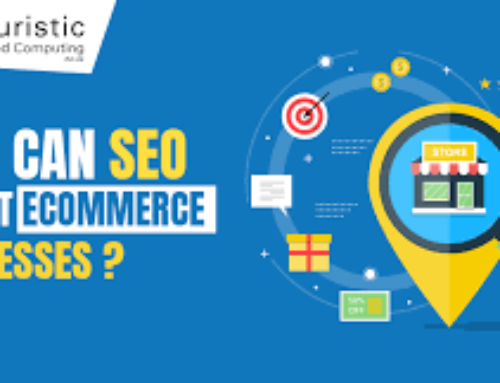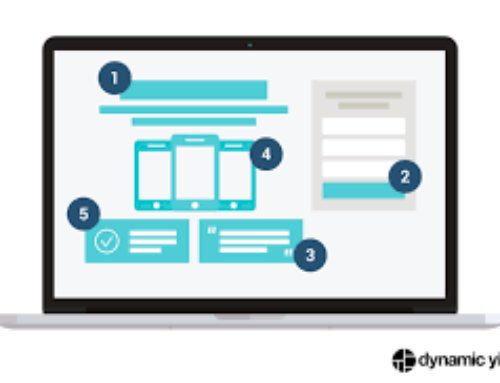Pay-per-click (PPC) advertising has transformed the landscape of digital marketing. As businesses seek effective ways to reach their target audiences, PPC has emerged as a powerful tool that offers immediate results and measurable outcomes. This blog delves into the intricacies of PPC advertising services, exploring how they work, their benefits, and tips for maximizing your campaigns. Using an equal balance of active and passive voice ensures clarity and engagement throughout.
What is PPC Advertising?
PPC advertising is a model of online marketing where advertisers pay each time a user clicks on their ad. These ads can appear on various platforms, including search engines like Google and social media networks like Facebook and LinkedIn. The fundamental premise of PPC is that businesses can drive traffic to their websites by bidding on relevant keywords.
The Bidding Process
In PPC, advertisers bid on keywords that they want their ads to show up for. When a user searches for those keywords, the search engine’s auction determines which ads appear and in what order. Advertisers compete not only based on their bids but also on the quality of their ads and landing pages, making quality a crucial factor.
How Ads Are Displayed
Ads can appear in various formats, including text ads on search engine results pages (SERPs), display ads on websites, and video ads on platforms like YouTube. When users click on these ads, they are directed to the advertiser’s landing page, where the ultimate goal is to convert them into customers.
Benefits of PPC Advertising Services
PPC advertising services offer numerous advantages that can significantly enhance a business’s online presence and revenue. Understanding these benefits can help businesses decide whether to invest in PPC campaigns.
Immediate Results
One of the most attractive aspects of PPC is the ability to generate immediate traffic. Unlike organic SEO efforts that can take time to yield results, a well-structured PPC campaign can start driving clicks and conversions within hours of launching.
Targeted Reach
PPC allows businesses to target specific demographics, geographic locations, and user behaviors. For example, a local coffee shop can target users within a specific radius, ensuring that ads are shown to potential customers who are most likely to visit.
Cost Control
Businesses maintain control over their budgets with PPC advertising. They can set daily or monthly spending limits and adjust bids based on performance. This level of control ensures that advertising costs remain manageable while maximizing ROI.
Performance Measurement
Another significant advantage of PPC is the ability to track and measure performance in real time. Detailed analytics provide insights into click-through rates (CTR), conversion rates, and overall campaign effectiveness. By analyzing this data, businesses can optimize their campaigns for better results.
Key Components of a Successful PPC Campaign
To harness the full potential of PPC advertising, certain key components must be implemented effectively. Understanding these elements will lead to more successful campaigns.
Keyword Research
Effective PPC campaigns begin with thorough keyword research. By identifying the right keywords, businesses can ensure their ads appear for relevant searches. Tools like Google Keyword Planner and SEMrush can help discover high-traffic, low-competition keywords that align with business goals.
Compelling Ad Copy
The ad copy plays a crucial role in attracting clicks. It should be clear, concise, and persuasive, encouraging users to take action. Including strong calls-to-action (CTAs) and highlighting unique selling propositions (USPs) can significantly improve CTR.
Landing Page Optimization
Once users click on the ad, they are directed to a landing page. The landing page must be relevant to the ad and optimized for conversions. Clear messaging, an intuitive layout, and prominent CTAs can help guide visitors toward completing desired actions, such as making a purchase or signing up for a newsletter.
A/B Testing
A/B testing involves creating multiple versions of ads or landing pages to determine which performs best. By testing different headlines, images, or CTAs, businesses can gain valuable insights into what resonates with their audience and refine their campaigns accordingly.
PPC Platforms to Consider
Several platforms offer PPC advertising services, each with its own unique features and audience reach. Understanding the options available can help businesses choose the right platform for their campaigns.
Google Ads
Google Ads is the most popular PPC platform, allowing businesses to create ads that appear on Google’s SERPs and its extensive display network. Given that Google processes over 3.5 billion searches per day, it offers vast reach and targeting capabilities.
Facebook Ads
Facebook Ads provide a different approach by leveraging social media’s targeting features. Advertisers can create visually appealing ads that appear in users’ news feeds and target based on demographics, interests, and behaviors.
LinkedIn Ads
For B2B businesses, LinkedIn Ads are a powerful option. LinkedIn allows advertisers to reach professionals based on job title, industry, and company size, making it ideal for targeting decision-makers.
Other Platforms
Other platforms like Bing Ads, Twitter Ads, and Pinterest Ads offer additional opportunities for reaching specific audiences. Businesses should consider where their target customers are most active to maximize their PPC efforts.
Common Challenges in PPC Advertising
While PPC advertising offers numerous benefits, it is not without challenges. Recognizing these challenges can help businesses navigate potential pitfalls and optimize their campaigns.
High Competition
In competitive industries, PPC advertising can become costly. Many businesses bid on the same keywords, driving up costs and making it challenging to achieve a positive ROI. It is crucial to continually monitor bidding strategies and explore long-tail keywords to reduce competition.
Ad Fatigue
Ad fatigue occurs when users see the same ad too many times, leading to decreased engagement and lower CTR. To combat this, businesses should regularly refresh their ad creatives, experiment with new messaging, and implement frequency capping.
Learning Curve
For businesses new to PPC, there can be a steep learning curve. Understanding how to set up campaigns, choose the right keywords, and optimize performance can be overwhelming. Many companies choose to partner with PPC advertising services or hire specialists to navigate this process effectively.
Best Practices for Managing PPC Campaigns
To maximize the effectiveness of PPC advertising, certain best practices should be followed. Implementing these strategies can lead to improved campaign performance and higher ROI.
Regular Monitoring
PPC campaigns require regular monitoring to assess performance. By tracking key metrics, businesses can identify what works and what doesn’t, allowing them to make data-driven adjustments.
Negative Keywords
Incorporating negative keywords into campaigns prevents ads from appearing for irrelevant searches. This strategy helps filter out unqualified traffic, ensuring that ad spend is focused on users more likely to convert.
Budget Management
Setting a clear budget for PPC campaigns is essential. Regularly reviewing spending and adjusting bids based on performance can help businesses maximize their ROI while staying within budget constraints.
Stay Updated
Digital marketing trends and PPC platform features are constantly evolving. Staying updated on industry changes, algorithm updates, and best practices can help businesses adapt their strategies and maintain a competitive edge.
Conclusion
PPC advertising services offer businesses a powerful way to drive traffic, generate leads, and boost sales. With immediate results, targeted reach, and measurable outcomes, PPC provides an effective solution for businesses looking to enhance their online presence.
By understanding the key components of successful PPC campaigns, utilizing the right platforms, and following best practices, businesses can maximize their ROI and achieve their marketing goals. While challenges exist, the potential benefits of PPC advertising make it a worthwhile investment for companies of all sizes. Embracing the power of PPC can unlock new opportunities for growth and success in the digital landscape
visit our LinkedIn: https://www.linkedin.com/company/digitalsolutiontech/







Leave A Comment